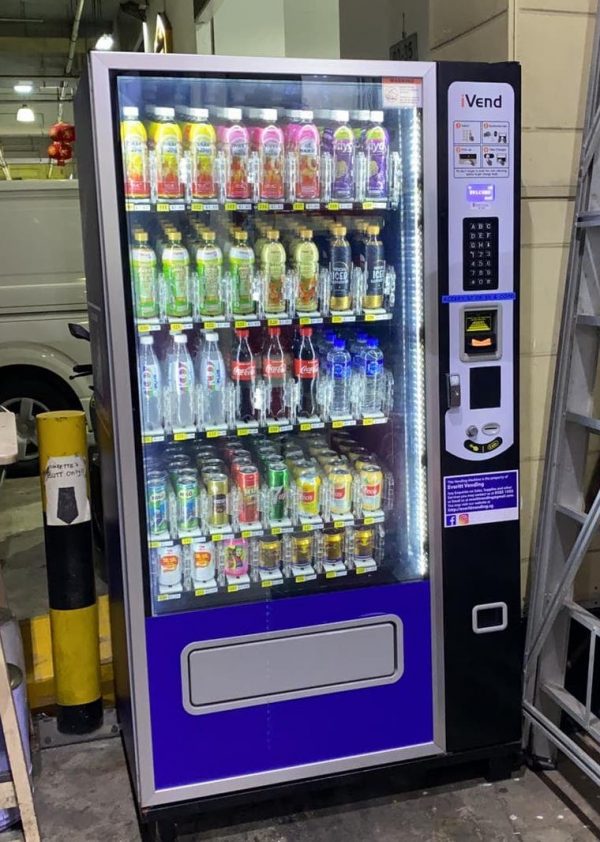vending machines are automated units designed to provide services or products to customers in exchange for payment. Here are some key factors about vending machines:
Types of Vending Machines:
Snack Vending Machines: Dispense a big selection of snacks, such as chips, chocolates, and candies.
Beverage Vending Machines: Provide a selection of drinks, including sodas, water, juices, and coffee.
Food Vending Machines: Offer ready-to-eat meals, sandwiches, and different meals objects.
Combination Vending Machines: Combine snacks and drinks in a single machine.
Specialized Vending Machines: Dispense particular gadgets like ice cream, recent fruits, or electronics.
Payment Methods:
Traditionally, vending machines accepted coins and bills.
Modern merchandising machines usually include cashless fee choices like credit/debit playing cards, cellular payments, and contactless methods.
Technology:
Some vending machines incorporate advanced technology, similar to touchscreens, interactive shows, and telemetry systems for distant monitoring and management.
Smart vending machines might use data analytics to optimize product selection primarily based on client preferences and sales information.
Placement:
Vending machines are strategically placed in high-traffic areas corresponding to workplaces, faculties, airports, hospitals, gyms, and public spaces to maximize sales.
Maintenance and Restocking:
Regular maintenance is important to ensure machines are in working order.
Restocking entails replenishing the machine with recent merchandise and managing stock ranges.
Customization:
Vending machines could be custom-made to cater to specific locations or target audiences. For instance, machines in faculties may offer healthier snacks.
Security:
Vending machines are geared up with security measures to forestall theft and vandalism, including locks, surveillance cameras, and alarms.

Sustainability:
There is a growing emphasis on sustainable practices in vending, including the usage of eco-friendly packaging and energy-efficient machines.
Innovations:
Ongoing innovations in vending machines embrace facial recognition for personalized experiences, robotics for complex merchandise, and AI-driven analytics.
Business Models:
Vending machine operators could run impartial companies or operate as a half of a franchise. Click for info offers a recognized brand and support construction.
Challenges:
Challenges in the business embody competition, altering shopper preferences, and adapting to technological developments.
Vending machines have developed significantly over the years, changing into an integral part of retail environments by offering convenient entry to a selection of merchandise for consumers on the go..
